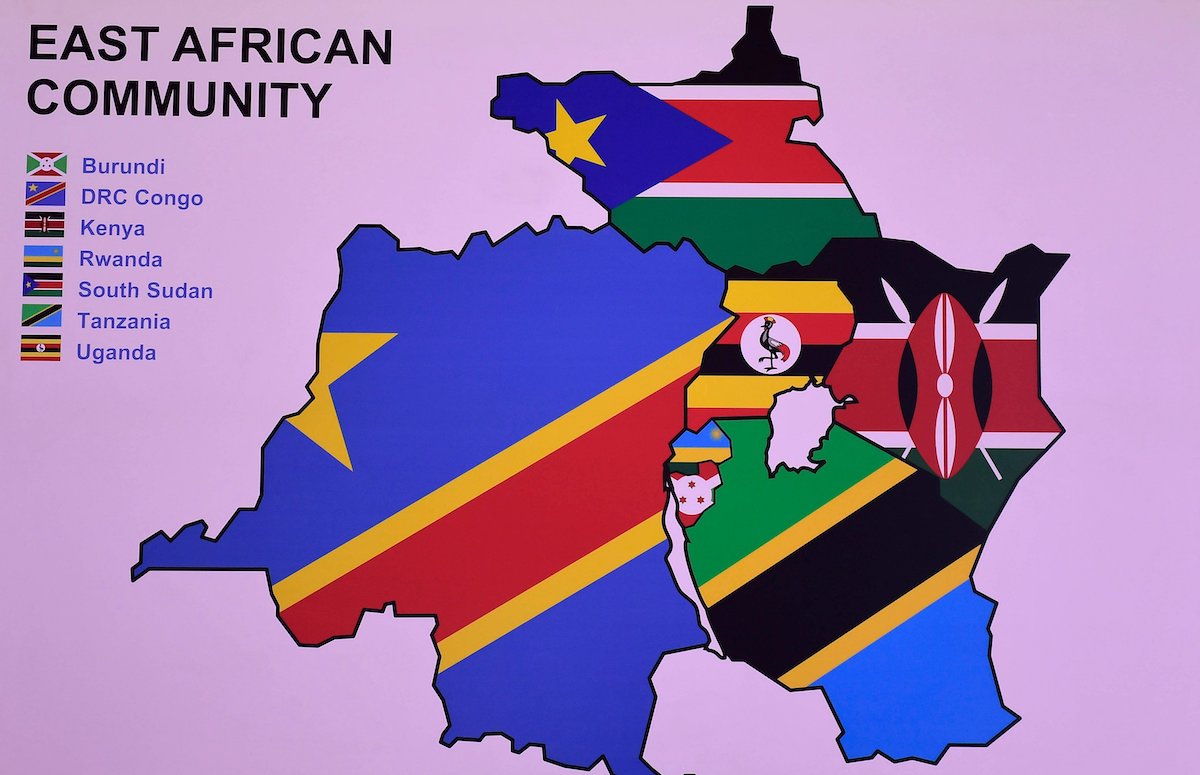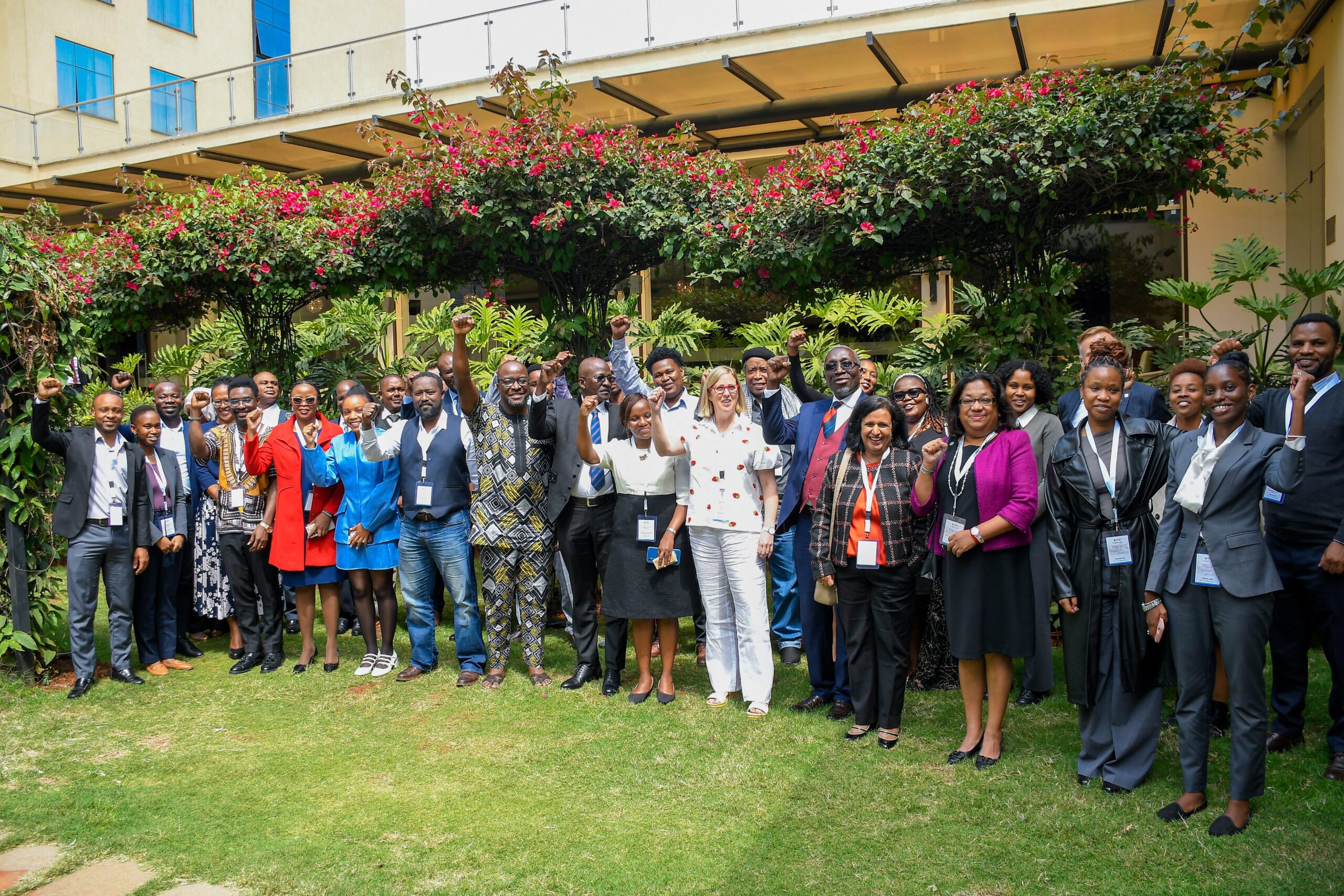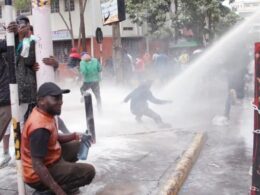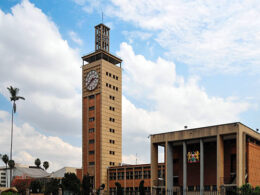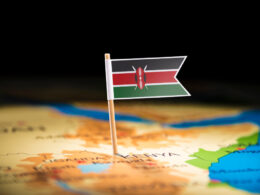NAIROBI,Kenya – In recent days, the arrest of Kenyan activist Boniface Mwangi and the ensuing raids on his home and office have sparked national and regional outrage. Mwangi’s detention came just a day after filing a landmark case before the East African Court of Justice, seeking accountability for his earlier enforced disappearance, torture, and inhumane treatment at the hands of East African state agents. His arrest, based on baseless terrorism allegations, fits into a now all-too-familiar pattern across the region, the criminalization of human rights defenders under the guise of national security.
What we are witnessing in Kenya is not an isolated episode. It is part of a deliberate and coordinated East African strategy to erode civic space, discredit dissent, and stifle democratic resistance. It is a warning to all of us that the tools of liberation can just as easily be turned into instruments of oppression if we do not remain vigilant.
The Kenyan government’s increasing reliance on vague and sweeping terrorism charges to detain peaceful protestors and civil society leaders represents a dangerous turn. Dozens of youth have been detained across the country, many without access to legal counsel, facing exorbitant cash bail conditions ranging from Sh 30,000 to 300,000. Among those targeted are students walking home from school, injured protesters seeking medical help, and individuals who simply visited friends in police custody. The script is disturbingly familiar.
In Uganda, we’ve seen this before. Dr. Kizza Besigye, a four-time presidential candidate and leading opposition figure, was abducted by Ugandan forces on Kenyan soil and illegally transported back to Uganda in 2024, a move later ruled unconstitutional by Uganda’s own Supreme Court. In the same year, 36 members of Uganda’s Forum for Democratic Change (FDC) were arrested in Kisumu, Kenya, and deported in violation of international and regional legal protections.
Tanzania has also not been immune to this crackdown. Early this year, prominent Tanzanian activist Maria Sarungi Tsehai was abducted in Nairobi by alleged agents of the Tanzanian state. Even observers like Kenya’s Chief Justice Emeritus Willy Mutunga, Martha Karua, and other human rights defenders, were denied access to monitor trials, detained, and forcibly deported from Tanzania. Such acts not only breach regional treaties like the East African Community Treaty but also violate the Universal Declaration of Human Rights and constitutional protections enshrined in all three countries.
This wave of cross-border authoritarianism is not incidental,it is a coordinated regional assault on democracy. Governments are now more frequently collaborating to surveil, harass, and neutralize human rights defenders, often under the pretext of counterterrorism. What began as exceptional legal measures meant to protect citizens from genuine threats has been transformed into a political weapon, aimed squarely at silencing criticism.
At the heart of this strategy lies the calculated use of vague counterterrorism laws and compromised judicial systems. Prosecutorial authorities across East Africa are increasingly acting at the behest of political actors, rubber-stamping dubious charges that would collapse under independent legal scrutiny. This politicization of the justice system poses one of the gravest threats to constitutionalism and the rule of law in our time.
It is often said, when one democracy falls, we all become vulnerable. The intimidation of human rights defenders in Kenya cannot be viewed in isolation, it is part of a broader regional trend that demands a unified and urgent response.
We cannot keep pretending that keeping people safe means ignoring their rights. National security cannot exist without respect for human dignity, due process, and democratic accountability. Governments must stop hiding behind terrorism rhetoric to justify brutality, and civil society must continue to speak up and organize, even under threat.
Shukri Wachu is a journalist and Communications Officer at the International Commission of Jurists – Kenyan Section (ICJ Kenya). This article was first published on the People Daily Newspaper.





